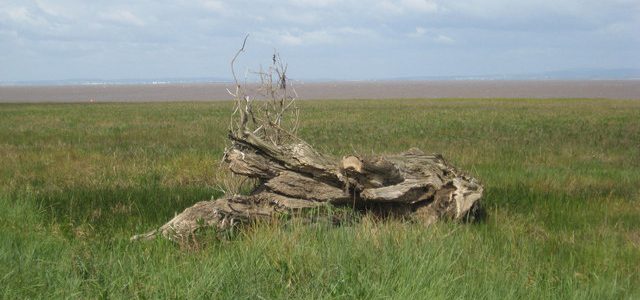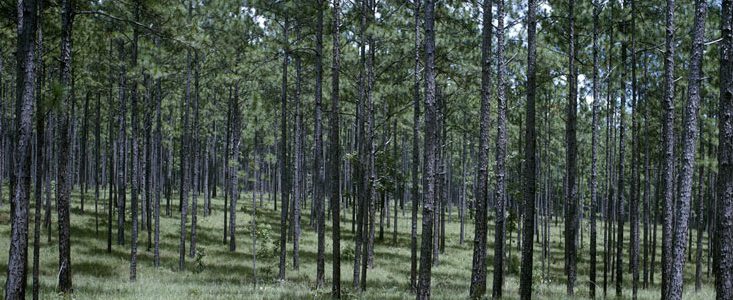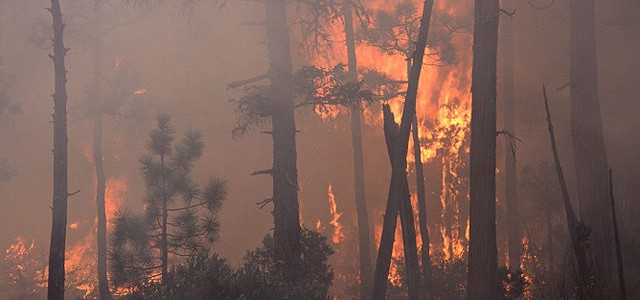Forests
-

The Nature Conservancy has a new study about the value of planting trees in cities. The study looked at both the impacts on reducing temperature in urban areas but also reducing particulates through absorption by the trees. You can read a description of the work at The Atlantic CityLab at https://www.citylab.com/design/2016/10/the-big-green-payoff-from-bigger-urban-forests/505913/. You can read the…
-

Environment 360 has an interesting story about how rising sea levels are killing off forests near sea level due to the impacts of salt water intrusion into wetlands near the coast. The trees have become a “ghost forest” of dead trees surrounded by marsh grass. Changes like this are occurring at many places along the…
-

If you are looking for information on forestry in Georgia, there is a new web site which you might find useful. It provides statistics by state, region and county, although statistics are not available for every county. You can find information on the web site here.
-

The latest US Forest Service monthly newsletter was released this week. It contains links to a number of interesting stories, including a video on how fire benefits forests and how climate change will impact forest hydrology. You can view the newsletter here.
-

I’ve seen a few forestry-related resources in my email today that you might find useful or interesting. I may add to the list later today once I get through all my email. Extension.org has a series of educational videos on proper tree planting techniques at https://articles.extension.org/pages/73966/tree-placement-and-planting-video-series. Information on taxes for forest landowners are available at https://timbertax.org/.…
-

USDA’s National Institute of Food and Agriculture announced yesterday that PINEMAP (The Pine Integrated Network: Education, Mitigation, and Adaptation project) has received a 2016 Partnership Award for their Mission Integration of Research, Education and Extension. The PINEMAP team from the University of Florida enabled Southern pine landowners to manage forests for increased carbon sequestration and adopt forest…
-

The USDA’s Southern Research Station posted an article discussing the replacement of loblolly pines with longleaf pines after damage by hurricanes or other strong wind events. Longleaf pines are more resilient to wind and forest fire damage and are also less affected by pine beetles, but have been largely replaced by loblolly pines grown in…